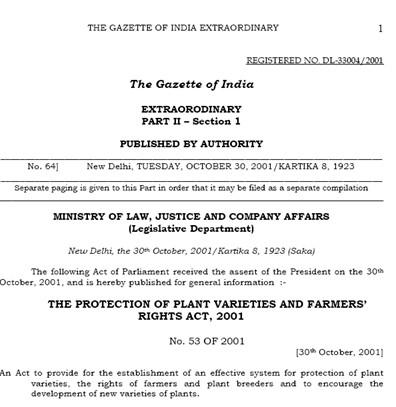
Option 10E
Study national and international policies and laws regarding their contributions to the realization of Farmers' Rights.
Studying national and international policies and legal frameworks may help identify specific strengths and weaknesses of current legislations and propose solutions to address possible gaps. They may also include comparative studies, e.g. on approaches that are taken in different countries or regions. A further focus may be on the coherence of international commitments, regional, national and sub-national legislations and related policies and programmes.
Such studies may provide lawmakers with the necessary evidence for better targeting and/or designing measures that support the realization of Farmers’ Rights and can also contribute to raising awareness of broader audiences.
Example(s) of possible measures:
- Policy analysis to identify gaps in the legal framework for seed regarding the implementation of Farmers' Rights in Burkina Faso (Burkina Faso/Africa). Click here
- Implementation of Farmers’ Rights in the Italian legislation (Italy/Europe). Click here
- A human rights impact assessment of the UPOV 1991 plant variety protection (Kenya/Africa, Peru/Latin America and the Caribbean, Philippines/Asia). Click here
- Private and non-commercial use project (Global). Click here